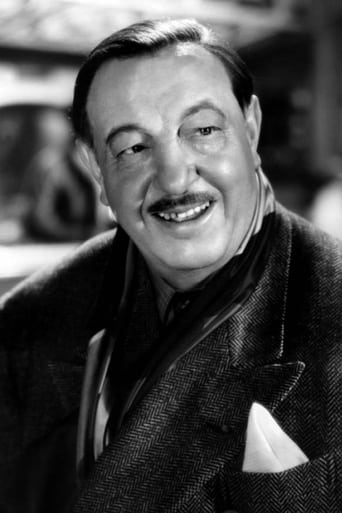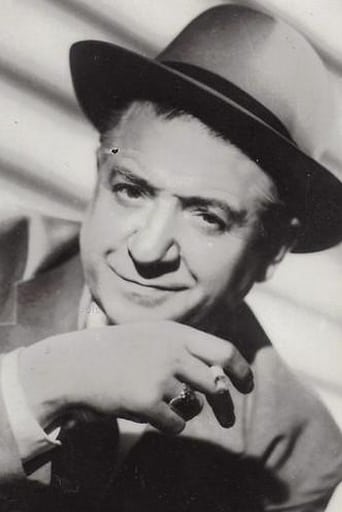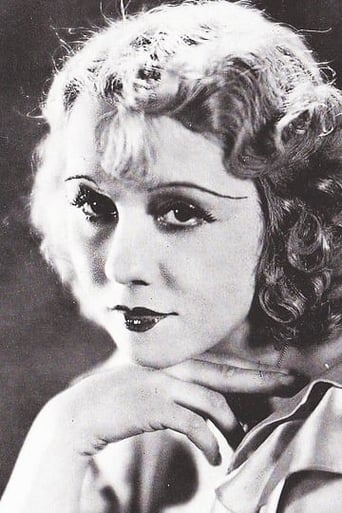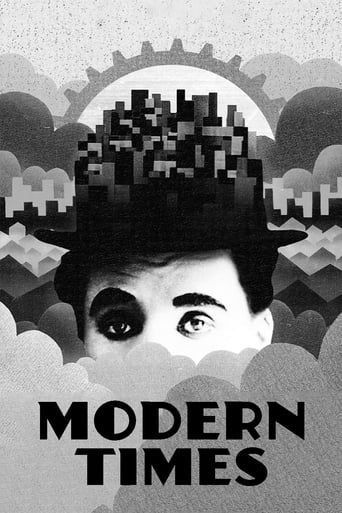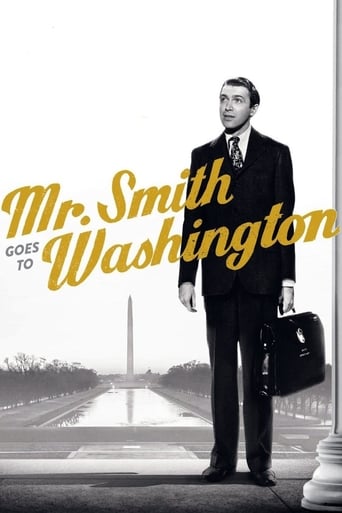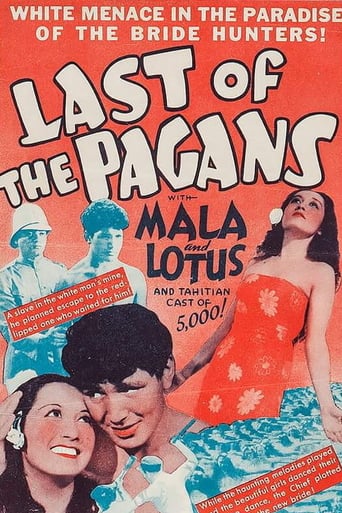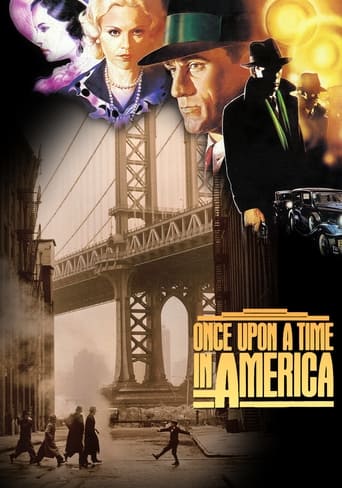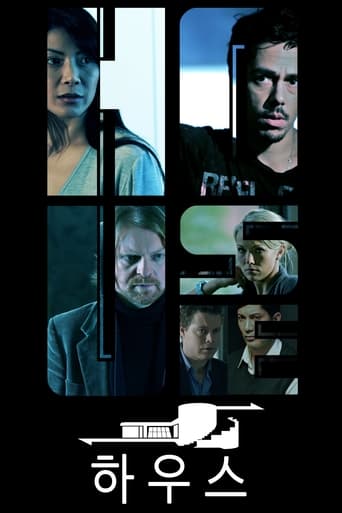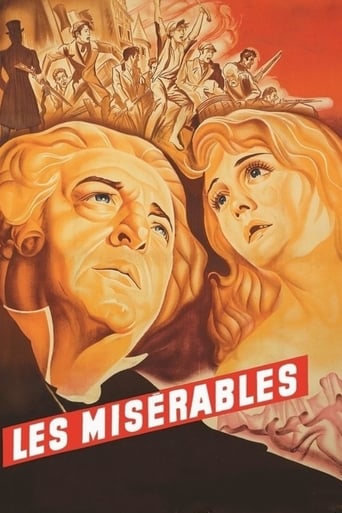
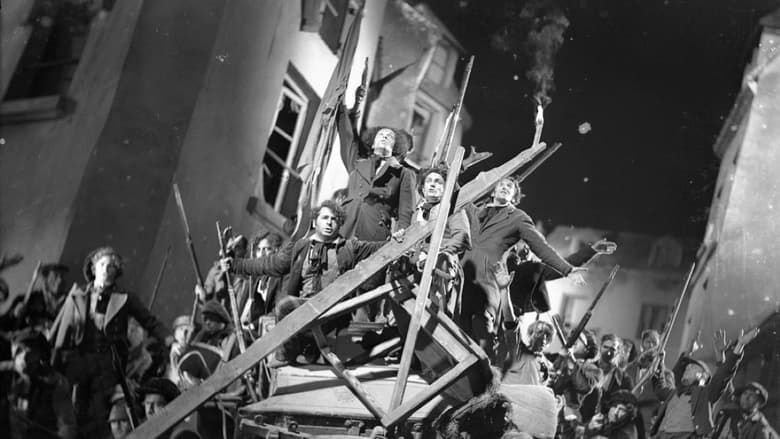
Les Misérables (1934)
In 19th century France, Jean Valjean, a man imprisoned for stealing bread, must flee a relentless policeman named Javert. The pursuit consumes both men's lives, and soon Valjean finds himself in the midst of the student revolutions in France.
Watch Trailer
Cast
Similar titles
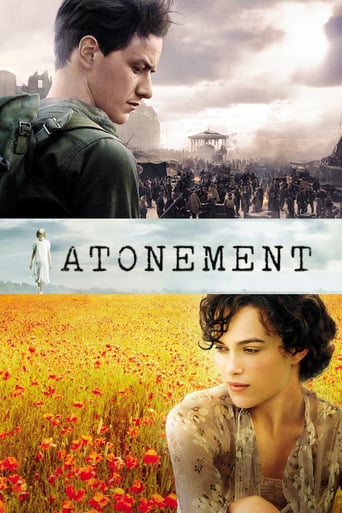

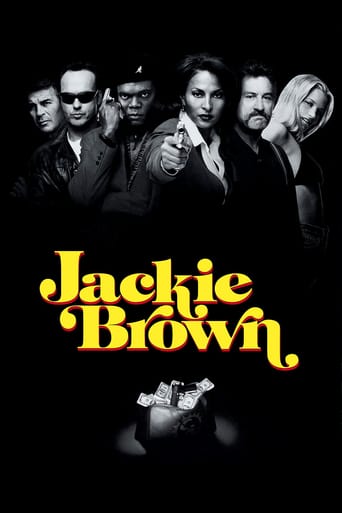
Reviews
Pretty Good
A terrific literary drama and character piece that shows how the process of creating art can be seen differently by those doing it and those looking at it from the outside.
Like the great film, it's made with a great deal of visible affection both in front of and behind the camera.
By the time the dramatic fireworks start popping off, each one feels earned.
Les misérables (1934) **** (out of 4)There have been countless versions of Victor Hugo's novel but it's hard to imagine one as special as this French epic clocking in just under five-hours. The story is pretty familiar has convict Jean Valjean (Harry Baur) is released from prison after serving a total of nineteen years for stealing a loaf of breed. Once released his given a second chance by a priest and decides to turn his life around and live for good things but the ruthless Inspector Javert (Charles Vanel) refuses to let him be. There are certainly some flaws in this film, which might cause many to drop the four stars down a bit but the superb performance by Baur and the remarkable story were enough to make this a must-see for all film buffs as it's certainly one of the most impressive epics of its day.I think what really makes this film so special is the performance by Baur who really turns in a remarkable performance that is easily one of the most memorable of the decade. There have been many great actors to play the role of Valjean but Baur has the perfect look for the part. When we first see him as he's being released from prison he has the look of a man who has spent nearly twenty-years in hard labor. When he's playing the Mayor you can't help but really see him as that man and when the character changes once again towards the end of the picture you can't help but believe him here as well. The character development in this story is a remarkable one and Baur captures every twist and turn and really does the character a lot of justice. It's hard to imagine anyone else doing better and that's saying quite a bit as many great actors, including Fredric March a year later, played the part. I think the greatness of Baur leads to one of the film's weaknesses and that is the supporting cast as none of them come close to his emotion or power. The supporting performances are all good but at the same time they're all smashed by Baur. It's hard to make heads or tails of Vanel as, to my surprise, the Javert character is pretty much underwritten and takes a backseat for the majority of the film. I was surprised that his cat-and-mouse chase of Valjean was cut back so much and that his obsession with catching the convict wasn't made more of a focus.Running just under five hours the film was broken down into three parts. I think the first is the most powerful followed by the second and then the final chapter. The third part of the film deals with the French Revolution and I think it spends a bit too much time on the fighting as this takes away from the Valjean story. With that said, the battle sequences are magnificently filmed and contains some terrific camera-work. When the first battle breaks out it looks as if someone is using a hand-held camera that really puts you in the middle of all the action. The battle scenes have a very realistic look at them and one can certainly see the influence that they would have on future films. Another major aspect to the story is that there are so many details that are left out of other versions. Considering the running time, it really goes without saying that you can focus in on many of the supporting characters and give them a lot more to do here. This was the third version that I've seen this year and I was surprised to see that the Valjean-Vanel relationship stays pretty much the same while it's the supporting players that really get expanded. I found the 1935 version with March and Charles Laughton to be a terrific entertainment and on a pure entertainment level I might call it the best. In terms of filmmaking I don't think you could take away anything from this version as it's certainly the most ambitious and contains some of the most raw emotions. The story is one that's been told countless times but this epic really is something special. The cinematography and direction makes it something special but it's the wonderful performance by Baur that makes it a must see.
This version of "Les Miserables" is very much the best I've ever seen.I've read the book, and the author Victor Hugo has a certain kind of great, rolling oceanic rhythm, where he starts to set up a scene, appears to wander around adding elements, then slowly brings people and events to a staggering, shuddering climax two- or three hundred pages later. And he manages it several times in the one book. It's a remarkable technique, and no other film version of Les Mis that I've seen manages to capture that feeling of majestic, gigantic tension and release the way this one does.Now, I've only seen the three-hour version of the Depardieu/Dayan version, not the original six-hour, which I've never been able to track down in a version with English subtitles.But I've seen just about every other version, and they all have a disjointed sense of pace and continuity that comes from jamming a huge novel into a Cuisinart and filming the pages that survive.For overall achievement, this one takes the prize. Individual scenes have been done more effectively in other versions, but for capturing the feeling of actually having read the book, this movie is the best.Other versions have gone deeper into the dirt and filth of Old Paris; much of this film was shot on backlot streets where even the dirt is clean, like a Sam Goldwyn picture. Director Raymond Bernard is also a little too fond of tilting the camera for dramatic effect, but you get used to it quickly, and some of the German Expressionist lighting is very effective.This is the only version I've seen that shows the actual revolution Hugo describes with sympathy and patience, and the character of Marius gains terrifically from it. By contrast, the attitude towards revolution is nervous and dismissive in the 1935 March/Boleslawski version, as Hollywood was run by Republicans in those days, and Marius inevitably comes off like a twerp. Not here.Also, the class distinctions among the characters are etched far more clearly than in other adaptations. Today's egalitarian impulses usually tend to bland out such niceties, but our contemporary demands for comfort with these interactions are ignored in this movie from 1933.Harry Baur as Valjean is a dramatic giant, a stocky, massive bunch of nerve endings. He is from the same school as Emil Jannings, but fortunately never plumbs the depths of Jannings' abysmal, moist self-pity. It should also be noted that Baur is better here than in Abel Gance's film about Beethoven. Some of the actors surrounding him in Les Mis are a bit obvious, but OTOH this has the best Gavroche, period. Charles Vanel is the only Inspector Javert you are likely to see who was not affected by Charles Laughton's remarkable portrayal of the character, as that was not to be filmed until two years afterward. Laughton's Javert was so intense that it unbalanced that picture, so that the film wound up being about his agony, not Jean Valjean's, which is wrong.Charles Vanel's Javert appears to be offhand, methodical, restrained, banal; unlike Laughton, he has no speech about why he does what he does, and he gets very few closeups. There is next to no exploration of his interior life, if any, and his death is handled very differently from what we have come to expect.Past the initial surprise, I think that is one point of the film, that Javert is not a flamboyant, obsessive madman. Vanel's Javert is not a twitchy rogue cop like Anthony Perkins or a reptilian boogeyman like John Malkovich; this film is not a Homeric one-on-one duel to the death like "The Fugitive." Here, Javert symbolizes a government of anonymous and casual brutality. He is a willing cog in a machine that metes out rigid punishment and has no mechanism for tempering justice with mercy. This approach will definitely provoke you to thought, which you can't say about most movies.Anyway, forget the star-studded comic book adaptations that are the norm for this title, and curl up with a good book. This one is on two DVDs, takes around five hours to watch, and you'll never regret it.
"Les Miserables" (1933): This film on DVD comes in three parts, totaling 279 minutes. Audiences were appreciative of long, complex stories. They didn't need everything stated and resolved in 22 minutes. They had an attention span. This is THE definitive interpretation of Victor Hugo's novel. The photography is flawlessly inventive and artistic. The scoring is everything from subtle to emotional and sweeping. The story is, of course, HUGE. Like other authors of that time, the use of irony was a major, and wonderful, device (no, it is not an invention of 1990s films). DO expect IT to expect YOU to keep up. The acting is all over the map, from superb and aware, to stiff and overstated (from the only-then-dying silent film era). The set room sets and costumes are great, the landscapes & "cityscapes sometimes contrived as flat sets. This film, like All Quiet on the Western Front, are must-see examples of what powerful, early film making can be.
I am a huge fan of those lavish Hollywood productions of the same period and genre and its strict codes of plot, camera angles and montage, where even the poor have to look glamorous. The Hunchback of Notre Dame (1939), Marie Antoinette (1938), A Tale of Two Cities (1935) and 20th Century Pictures' own version of Les Misérables (1935) come to mind. But this is something different. Starting with the fantastic soundtrack by Arthur Honneger and the expressionist camera and lighting, you enter another world. Of course it helps the authenticity by being a French film with French actors. Here you can see the real French working classes, the homeless and the criminals. By the way, the English subtitles of the Eclipse DVD are good and idiomatic. Also, this monumental and epic film (DVD version 281 min, and a 315 min version seems to exist) has none of the poor production values one is accustomed to with such films from Europe of the 30s. It makes you wonder what might have been possible at, say, MGM if Stroheim or Welles had been given free reign. Let's be glad to have both visions as created in very different studios on both sides of the Atlantic.
